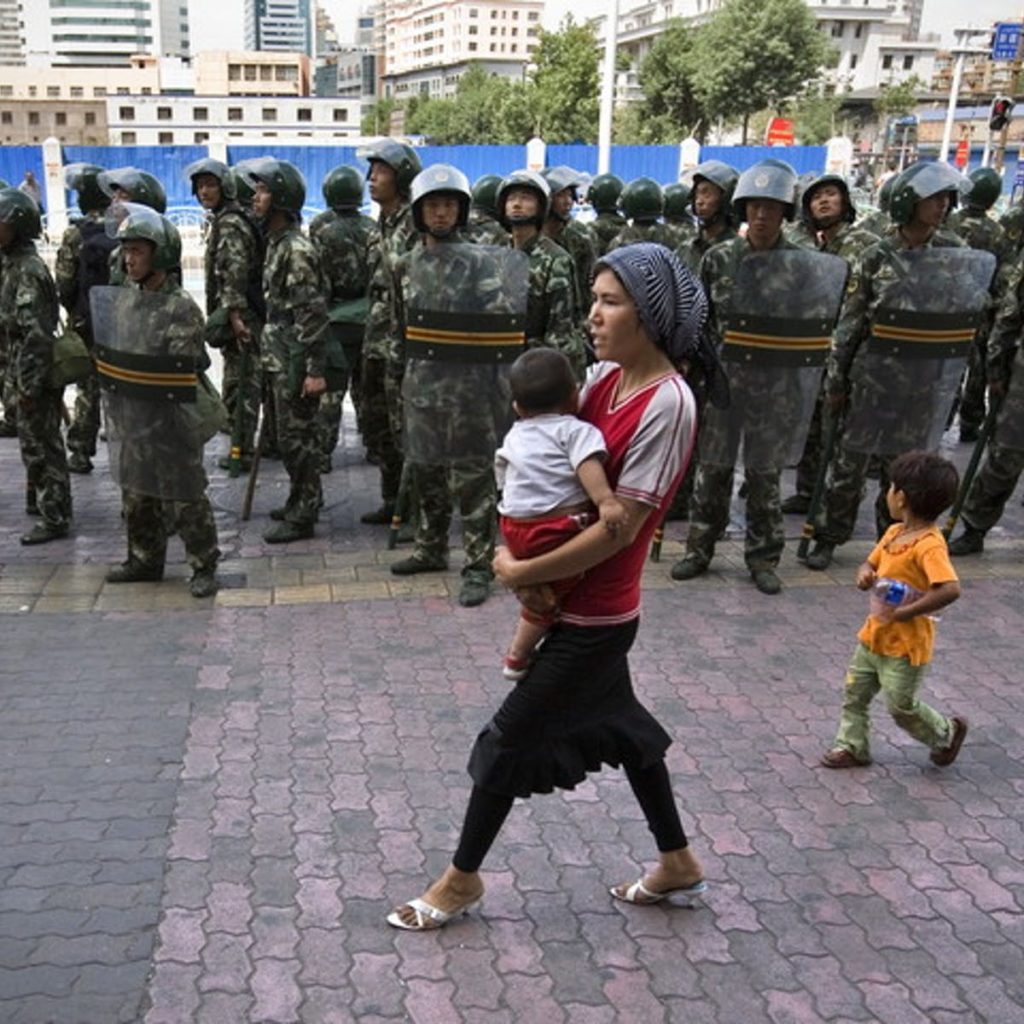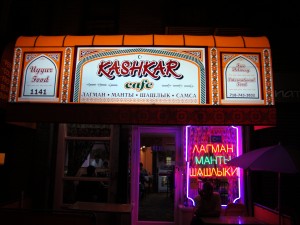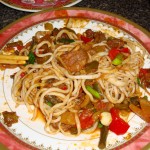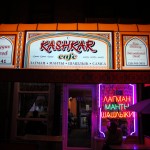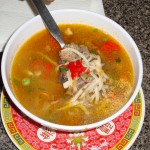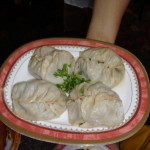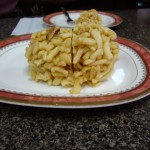The Economist’s Recent Piece about Genocide in Xinjiang is Wrong
It was disappointing to read The Economist‘s most recent piece about the atrocities in China’s Xinjiang province – “‘Genocide’ is the wrong word for the horrors of Xinjiang” given the hard stance it has taken in the past against the Chinese government’s violence, oppression and mass internment of Uighurs and other Turkic Muslims. But in its most recent article, by ignoring the sexual violence against Uighur and Kazakh women, The Economist demonstrates its lack of understanding of the crime of genocide under international law and perpetuates a misogynistic view of the crime.
Although sexual violence has been a key element of most genocides – from Armenia in 1915 to the Rohingya today[1] – the term rape does not appear in either the Genocide Convention or the Rome Statute of the International Criminal Court. But the systematic rape of women has repeatedly been found to constitute the physical element of genocide. In 1998, the U.N. Tribunal for Rwanda found former Hutu mayor Jean-Paul Akayesu guilty of genocide for the systemic rape of Tutsi women in his community.[2] Specifically, the Tribunal held that systematic rape constituted the genocidal act of “causing serious bodily or mental harm to members of the group.”[3] More recently, the U.N.’s Independent International Commission of Inquiry on Syria concluded that the Islamic State of Iraq’s (“ISIS”) systematic rape of Yazidi women and girls constituted the physical element of genocide: “Rape can be a measure to prevent births [another defined genocide act under the Convention] ‘when the person raped subsequently refuses to procreate, in the same way that members of a group can be led, through threats or trauma, not to procreate.’”[4]
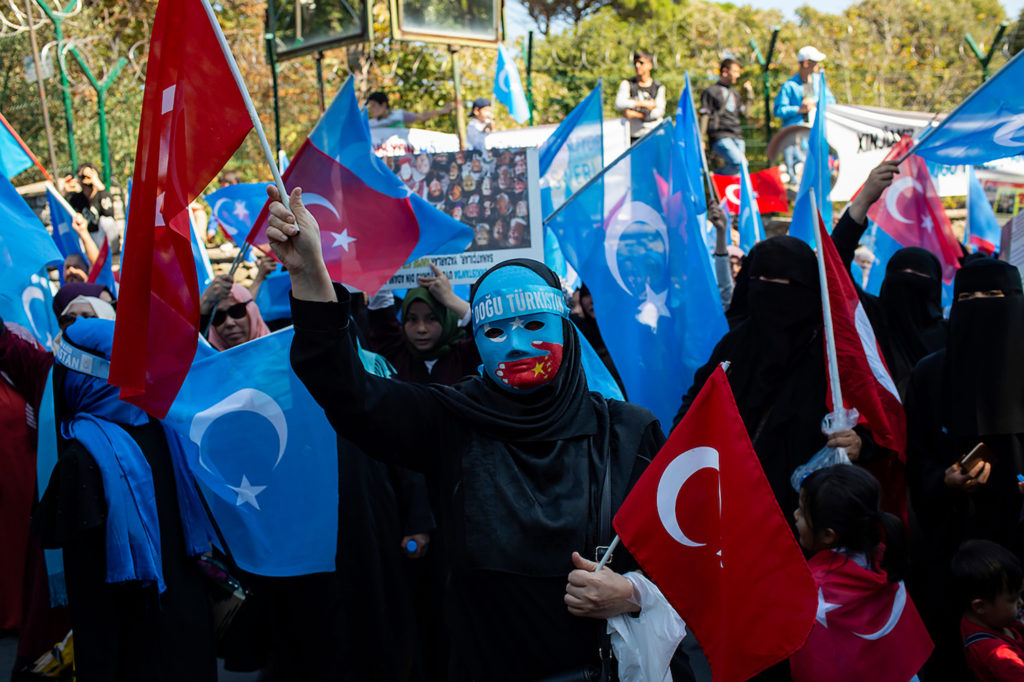
But in arguing that genocide is the wrong word to describe what is happening in Xinjiang, The Economist ignores clear legal doctrine. Allegations of rape in Xinjiang’s concentration camps have been circulating since at least 2019. Earlier this month, the BBC reported on the systematic use of rape and sexual torture against Uighur women in the concertation camps, with different women, from different camps, describing the same horrific acts perpetrated by Chinese state actors. The eerie similarity in these women’s stories is what gives them credibility, especially as the Chinese government’s sole retort is to state that these sources are “untrustworthy.” The Chinese government has also failed to give the U.N. High Commissioner on Human Rights access to Xinjiang for an independent assessment of what is happening there. If The Economist failed to mention these women’s stories because it doesn’t think these stories “prove” genocide, “we should long ago have shifted the burden of proof away from the refugees and to the skeptics, who should be required to offer persuasive reasons for disputing eyewitness claims.”[5]
In addition to ignoring the well-developed doctrine that mass rapes can constitute the physical element of genocide, The Economist implies that the only action that could be “intended to prevent births” is “the systematic sterilisation of all women.” As show above, the United Nations – and the world – moved away from such a narrow definition years ago. The Economist does a disservice to its readers – and female victims of genocide – by offering such an inaccurate assessment.
Ultimately though, it appears that The Economist wanted to make the argument that we shouldn’t get hung up on defining what is happening in Xinjiang as a genocide or as crimes against humanity; it’s all just a parade of horrors that need to end. China Law & Policy has made this argument too (see here) since for both genocide and crimes against humanity, U.N. member states have the same “responsibility to protect.” But The Economist went too big in definitively stating that what is happening in Xinjiang is not genocide. The Economist does not know that and offers no proof or legal analysis; instead it merely states that genocide “exaggerates” the Chinese government’s crimes in Xinjiang. But it doesn’t if you focus on the violence perpetrated against Uighur women. The Economist – and the world at large – would be wise to heed the advice of Samantha Power in her authoritative book on the world’s missteps in stopping genocide in the past: “A bias toward belief would do less harm than a bias toward disbelief.”[6]
[1] Global Justice Center, Beyond Killing: Gender, Genocide & Obligations Under International Law, pp. 18-19 (Dec. 6, 2018), available at https://globaljusticecenter.net/files/Gender-and-Genocide-Whitepaper-FINAL.pdf.
[2] Samantha Power, “A Problem from Hell”: America and the Age of Genocide, pp. 485-86 (Harper Perennial 2002).
[3] Id.
[4] U.N. Human Rights Council, “They came to destroy”: ISIS Crimes Against the Yazidis, ¶ 145 (June 15, 2016), available at https://www.ohchr.org/Documents/HRBodies/HRCouncil/CoISyria/A_HRC_32_CRP.2_en.pdf.
[5] Power, supra note 2, at p. 506.
[6] Id.
 On Facebook
On Facebook By Email
By Email 
